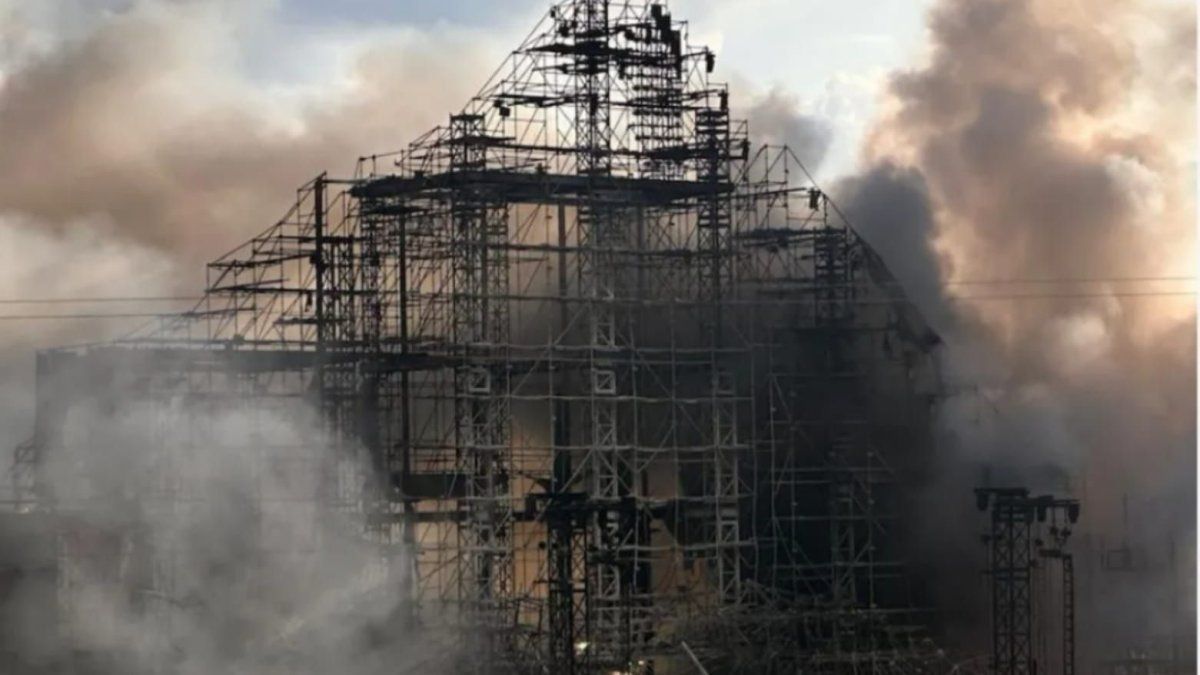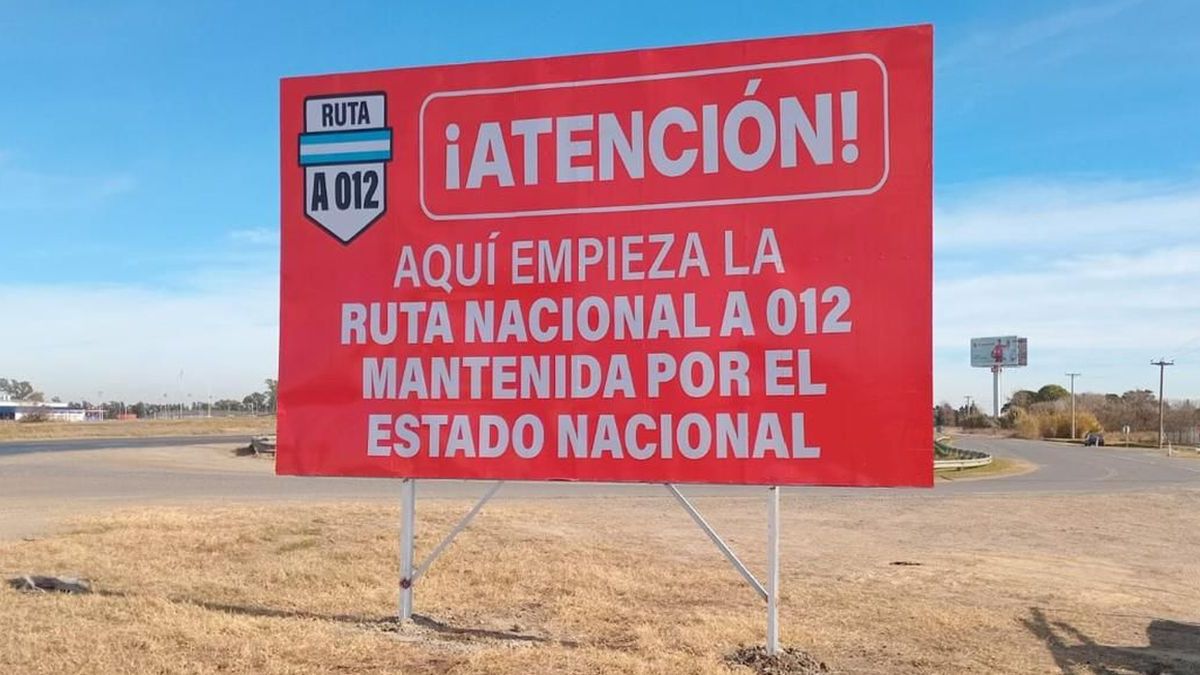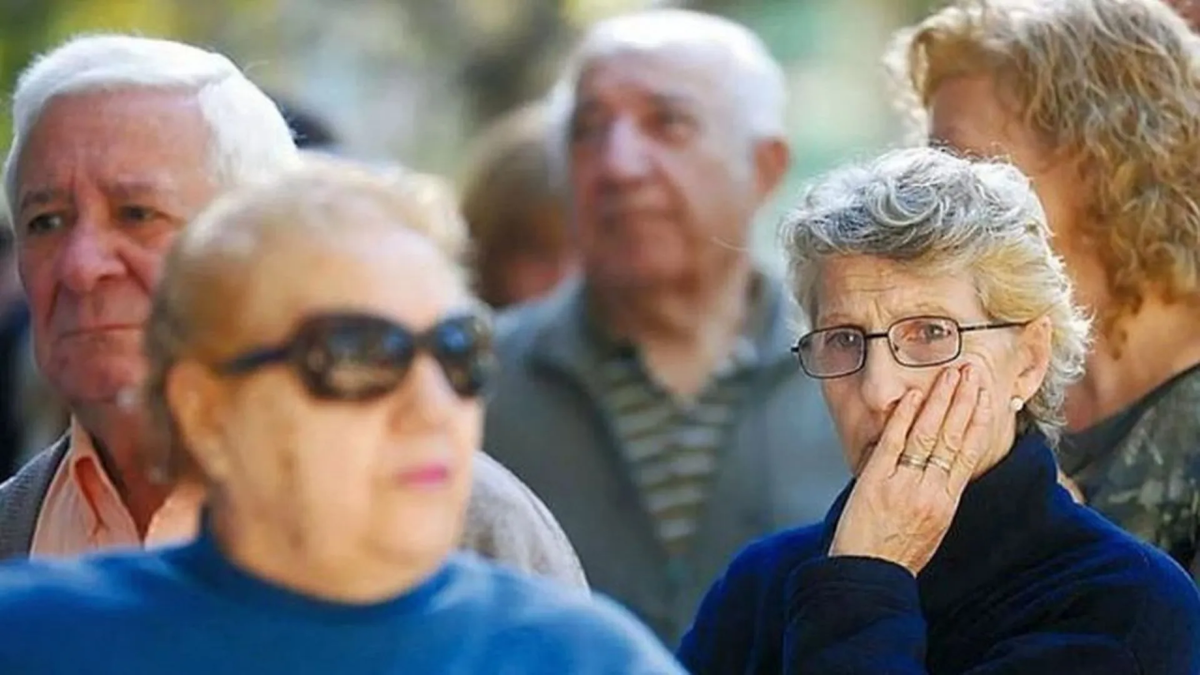The Prime Ministers have argued for months about whether the broadcasting fee should increase. A meeting should now bring clarity, but the case continues.
The broadcasting fee remains at 18.36 euros per month for the time being. The Prime Minister is postponing a decision on financing public broadcasters. Several countries confirmed that there will be further consultations in December.
At their meeting in Leipzig, the country leaders also agreed on extensive reforms for ARD and ZDF. On the sidelines of the Prime Minister’s Conference, Brandenburg’s Prime Minister Dietmar Woidke (SPD) welcomed the agreement on broadcasting reform as “urgently necessary”.
The aim of the reform plans is to create more efficient structures and save costs – also with a view to the development of the broadcasting fee. According to previous plans, the number of radio programs on ARD should decrease. Smaller TV channels that traditionally broadcast their programs continuously on television should also be eliminated.
Dispute over broadcasting fees a case for Karlsruhe?
However, the open question of the future broadcasting fee could end up before the Federal Constitutional Court if ARD, ZDF and Deutschlandradio sue. The new contribution period begins on January 1, 2025. Then, according to an expert recommendation from the Commission for Determining the Financial Needs of Broadcasting Corporations (KEF), the broadcasting contribution that households and companies pay would have to rise by 58 cents from 18.36 euros per month to 18. 94 euros rise. There is a constitutionally guaranteed procedure behind this.
The country leaders actually have to follow the recommendation closely. Saxony-Anhalt had already suffered a defeat before the Federal Constitutional Court last time because the state had opposed a recommended increase.
In the past few months, positions on broadcasting fees have been far apart. Countries such as Saxony-Anhalt and Bavaria have repeatedly spoken out against an increase. However, this issue requires a unanimous vote. If only one head of government deviates, an increase cannot be initiated.
Opponents of an increase argued that the Houses had not done enough to reform themselves. The annual amount for broadcasting is currently nine billion euros. Proponents said reforms would only deliver savings over time. Therefore, the houses must be granted the increase in contributions – also with a view to inflation.
What’s the next step?
In order for the structural reforms to take effect, all state parliaments must agree. If even one state parliament rejects the paper, the changes to the state broadcasting contracts cannot come into force. According to previous state information, the reform could be implemented from summer 2025.
In state treaties, the federal states have been specifying the mission and structure of public broadcasting for decades. It’s about how many broadcasters there are and what programs are offered.
Source: Stern
I am an author and journalist who has worked in the entertainment industry for over a decade. I currently work as a news editor at a major news website, and my focus is on covering the latest trends in entertainment. I also write occasional pieces for other outlets, and have authored two books about the entertainment industry.




